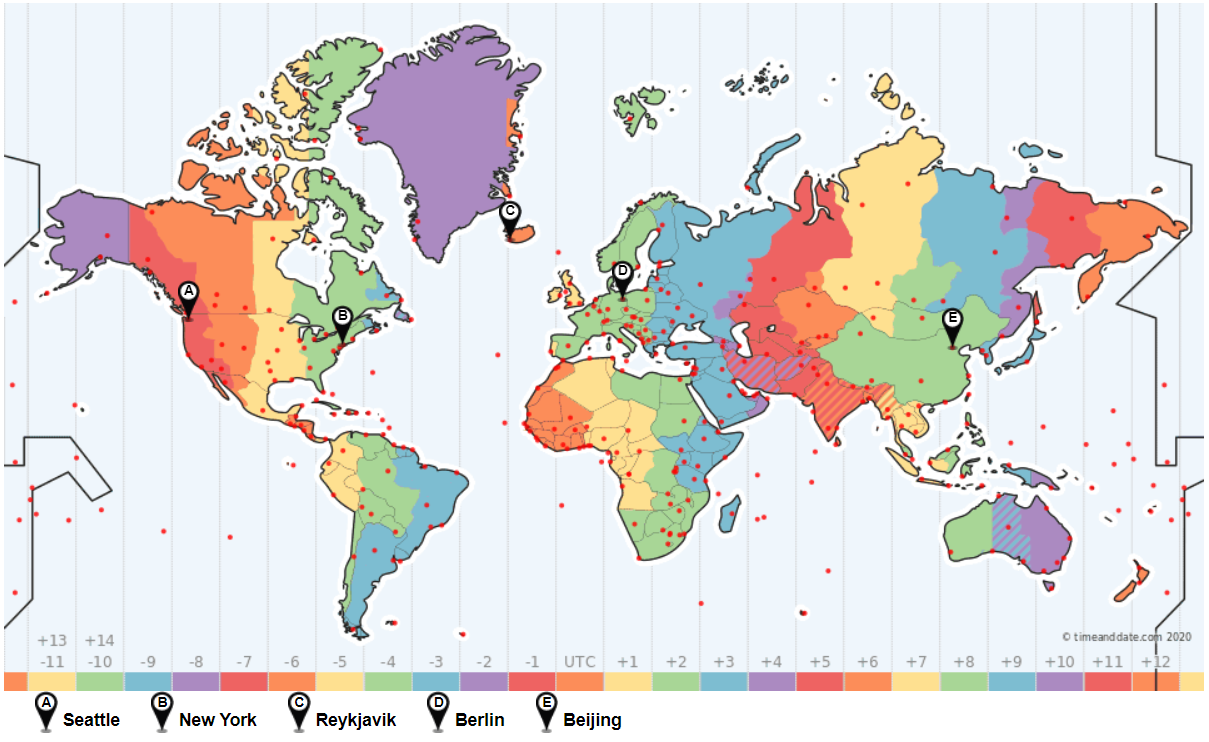Introduction to the organization and infrastructure of ACL 2020 tutorials
Tutorial Chairs (Agata Savary and Yue Zhang) and General Chair (Dan Jurafsky), for the entire Organizing Committee
NEW: Checkout the new blogpost by tutorial chairs describing detailed modalities of ACL2020 tutorials.
It is our pleasure to give you some more details on the organization and the virtual infrastructure of ACL 2020 tutorials on July 5th!
As mentioned in our earlier post, we will be using SlidesLive, Zoom, RocketChat and a special web portal for a virtual conference. Our goal is to enable participation around the world and maximize inclusion, engagement, and learning in a safe environment.
Program
We are happy to offer 3 introductory and 5 cutting-edge tutorials, taught by outstanding experts in the field and addressing a large diversity of topics:
- T1: Interpretability and Analysis in Neural NLP by Yonatan Belinkov, Sebastian Gehrmann and Ellie Pavlick (cutting-edge)
- T2: Multi-modal Information Extraction from Text, Semi-structured, and Tabular Data on the Web by Xin Luna Dong, Hannaneh Hajishirzi, Colin Lockard and Prashant Shiralkar (cutting-edge)
- T3: Reviewing Natural Language Processing Research by Kevin Cohen, Karën Fort, Margot Mieskes and Aurélie Névéol (introductory)
- T4: Stylized Text Generation: Approaches and Applications by Lili Mou and Olga Vechtomova (cutting-edge)
- T5: Achieving Common Ground in Multi-modal Dialogue by Malihe Alikhani and Matthew Stone (cutting-edge)
- T6: Commonsense Reasoning for Natural Language Processing by Maarten Sap, Vered Shwartz, Antoine Bosselut, Yejin Choi, Dan Roth (introductory)
- T7: Integrating Ethics into the NLP Curriculum by Emily M. Bender, Dirk Hovy and Alexandra Schofield (introductory)
- T8: Open-Domain Question Answering by Danqi Chen and Scott Wen-tau Yih (cutting-edge)
Schedule
All the eight tutorials will be given on July 5, as described in the schedule. To increase availability across various time zones, 3 time slots of 3.5 hours each were defined, as shown in the table below (+1 means July 6). Sample zones and cities were chosen for reference, for other places, please, refer to the map.
Some tutorials (T1, T5 and T7) will be given twice, while others (T2, T3, T4, T6 and T8) only once. Each tutorial will include one or more breaks, of 30 minutes in total.


Attendance
Three modes of attendance will be available (for each of them registration is required - see below):
- A passive participant will be able to watch a livestreamed tutorial directly from the conference website
- Asking questions will be possible via chat (with the RocketChat tool)
- To ask a question or make a comment live, one will have to enter the Zoom call linked from the website
Some live sessions will be recorded. This fact will be notified during the session. Only the attendees who do not mind being recorded should enter the Zoom call. Others may participate passively or ask questions via chat.
Material
For all tutorials, the slides (in .pdf format only or with voiced pre-recordings) will be available a few days before the conference, so that the attendees can watch them in advance and prepare questions. The live sessions on July 5 will be of three main types:
- Lectures - including more or less interaction with the audience, and possibly subgroup work
- Question answering - questions will be collected both in advance (via the conference website) and via chat at the time of the live sessions
- A mixture of lectures and question answering
To increase accessibility and inclusion, both for people with hearing impairments and for non-native English attendees, we plan to automatically caption some tutorials (pre-recordings and/or live sessions). Captions might be edited manually in some cases, so as to enhance their quality.
The tutorial material (slides, pre-recordings and some recorded live sessions) will be archived at the ACL Anthology after the conference.
Registration and Fees
- You must register in order to attend ACL 2020 and access the ACL 2020 website portal, videos, and live events.
- The registration to the main conference also covers all tutorials and workshops.
- We kindly ask you to register explicitly to all the tutorials which you intend to participate in, so as to facilitate their organization.
- The ACL 2020 registration fees are drastically reduced this year due to the event being virtual. Early-bird registration fees apply by June 26 and amount to $125 for a regular registration and $50 for a student registration.
- The additional ACL membership fees ($100 regular, $50 for students) are valid for the whole year (including EMNLP and AACL). They notably fund worldwide open access to the ACL Anthology.
